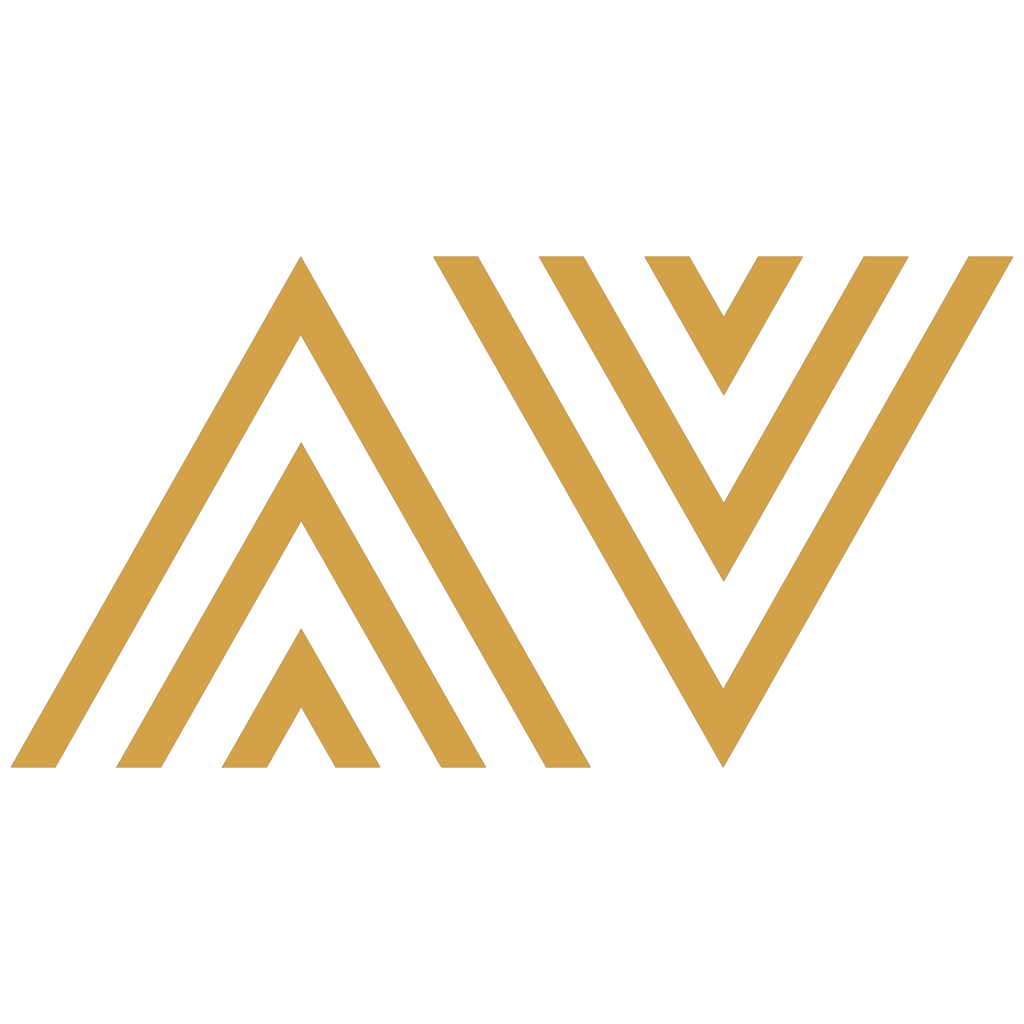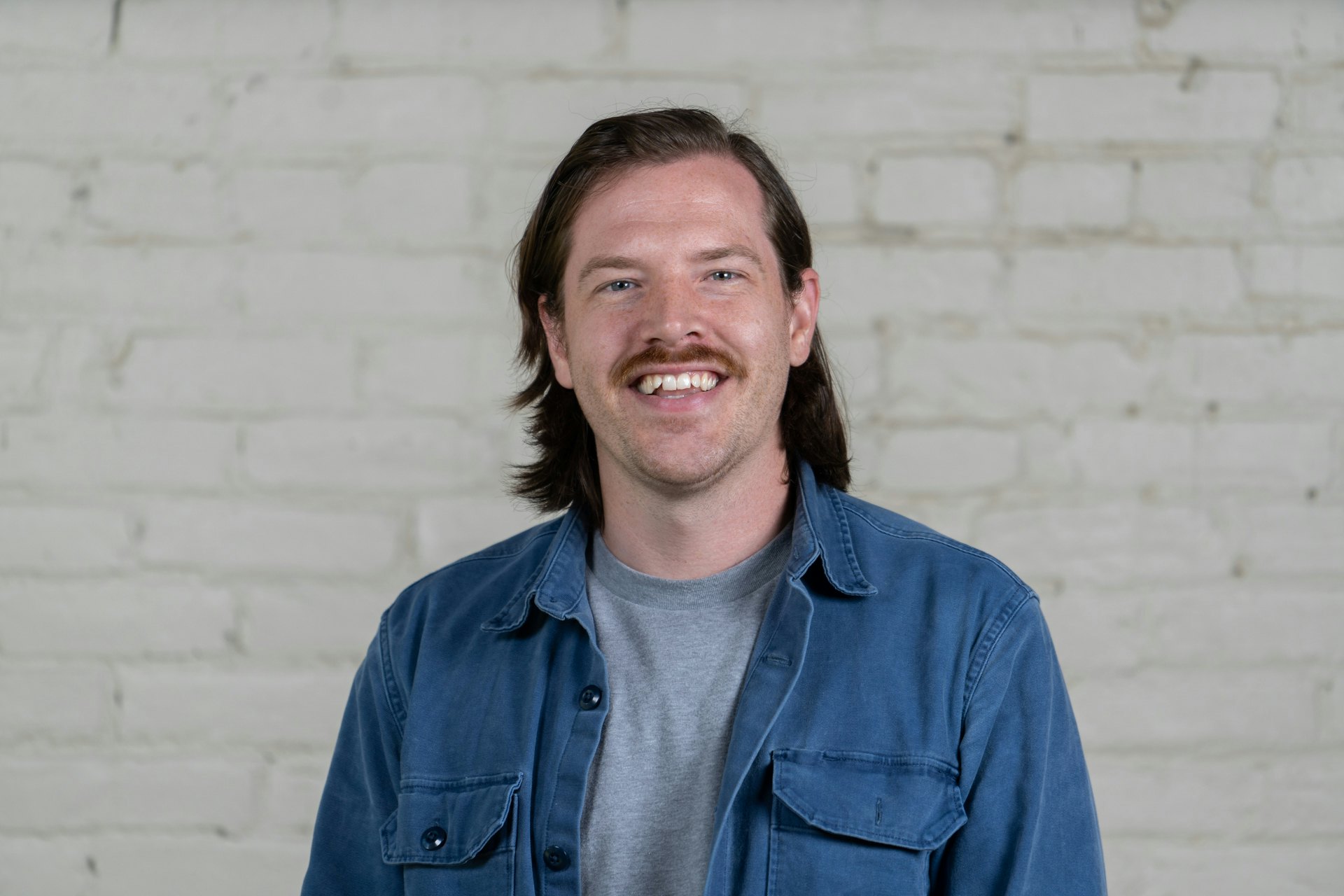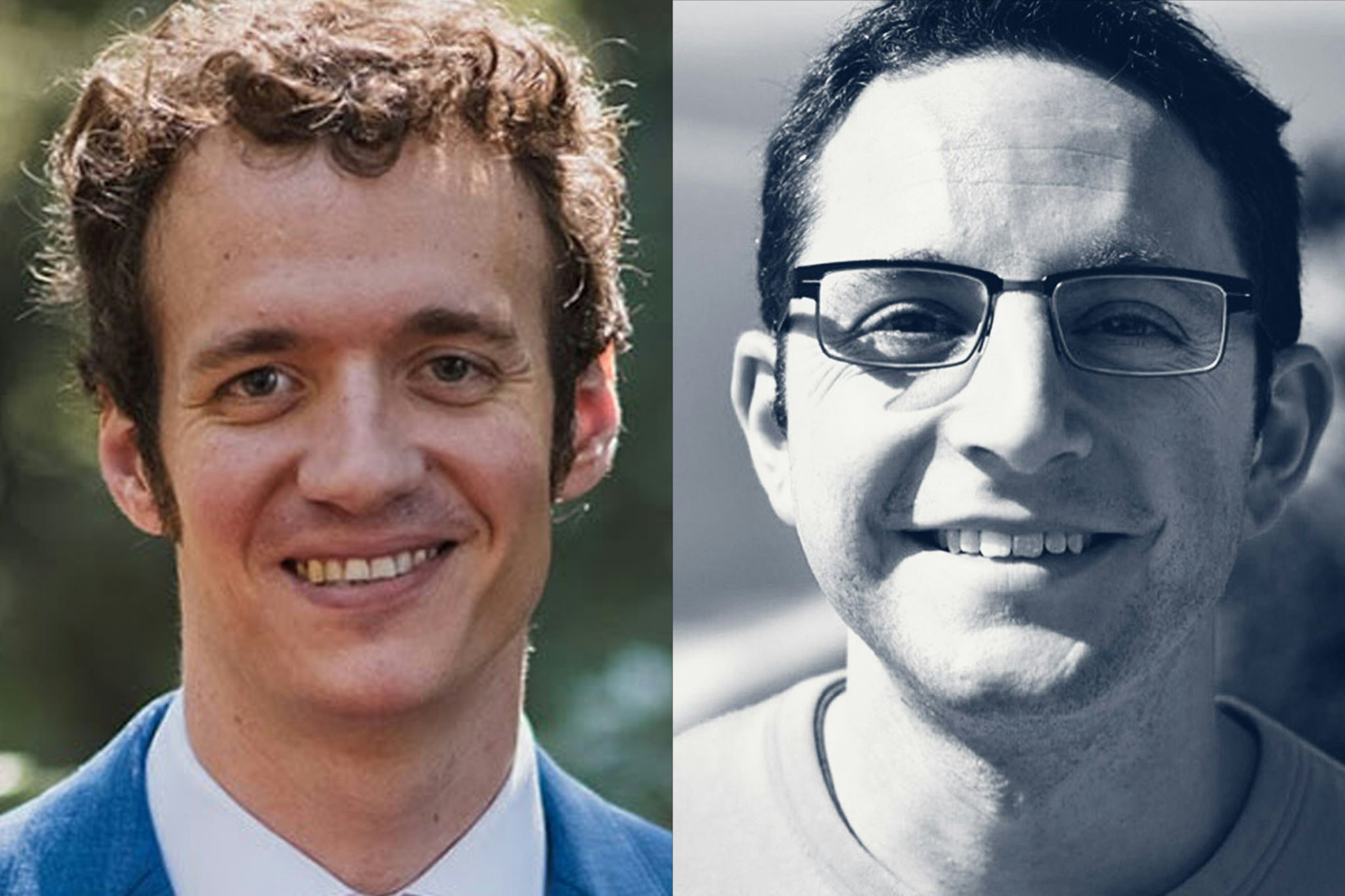Five Questions with IDEO CoLab
Innovation in the blockchain space will accelerate during the next few years and redefine the ways we engage with, and transact on, the internet for the better. Trusted third parties have long acted as the gatekeeper to a more inclusive economy and now blockchain technology exists to offer us an alternative. While we continue to identify projects that can achieve or activate near-term adoption of blockchain technology, we have begun to connect with other organizations to learn more about how they understand and interact with this emerging technology.
While in San Francisco, our team spent some time with IDEO CoLab, a group within the design firm IDEO that brings together organizations to collaboratively explore and build on the potential of emerging technology. We sat down with Dan Elitzer and Ian Lee of IDEO CoLab to discuss blockchain technology further and how it might create a more open, inclusive, and participatory world. Watch the video below that features Dan to see what he had to say and read the rest of the article that features more questions and answers by Dan (DE) and Ian (IL) that didn’t make it into the video.
What is blockchain?
DE: “Blockchain technology allows us to coordinate people, it aligns incentives and allows us to agree on a state of the world, a state of data, and in particular ownership over certain pieces of data or certain assets.”
IL: “Blockchain is essentially a shared ledger that is secured by a distributed network of computers and what that can be used for is either to attest the current states of a thing or a system or even build applications and use services on top of that in a decentralized way to fundamentally offer services in a more open and inclusive manner.”
Can blockchain be used for good?
DE: “Absolutely. The reason I got interested in blockchain technology was for its potential for positive social impact. So I think the main use case for blockchain technology, for now, is related to payments, and so what got me interested in bitcoin wasn’t freeing money from the government, It was around having an open protocol for value transfer. Blockchains make it possible for anyone, anywhere in the world, to receive, store and send value without any intermediary. That’s a fundamentally new capability the world has never seen before and that’s going to allow for financial inclusion for billions of people who are excluded from the financial system today.”
How do you use human-centered design with blockchain?
DE: “One of the important things that we do is we start with the user and say, what is the problem we are trying to solve? What are the circumstances of the person who is interacting with this product or service? Rather than starting from a technology first lens. There’s a lot of “blockchain solutionism” in saying, blockchains are this fantastic new technology, where are the nails we can hit with this hammer?’We really try to look and say what are the problems that would lean towards potentially being solved by blockchains? Then we only work with and invest in projects and companies that make sense from that perspective: there is a real human problem that is being solved and this technology can actually meet the need.”
IL: “It’s our view that technologies are agnostic to people and technologies can either be used for good or for bad and the key difference is whether or not someone designs them for good versus bad. And so our role as it relates to this technology is to step in and be that beacon for the ecosystem to design these systems to solve problems for people and society in a way that positively impacts and shapes that future world that we all want to live in.”
How can blockchain provide access and agency within the economy?
DE: “No one technology or product or service can provide full access or agency, but I do think that this is an order of magnitude improvement over existing technologies in terms of its ability to provide access and inclusion.”
Do we need blockchain to create impact?
DE: “To the same extent that there were businesses and wonderful things happening before the internet, but when you allow for communication on a global scale to happen and not need to go through traditional printing presses or even phone companies saying how we connect under what terms and what conditions, it changed the world. It opened up a whole new field of things that could be created and new businesses that weren’t possible before. Similarly, when you can actually have these financial protocols and the ability to transact and exchange value with anybody, anywhere in the world without intermediaries, that’s going to open up whole new types of businesses and experiences that we really couldn’t conceive of before we had that capability.”
IL: “We view blockchain as part of a longer-term trend. We don’t think that it’s merely in isolation, that it’s this cute technology that came out of nowhere and will go away. We think that it is actually part of this bigger narrative and story around what we currently see which is high degrees of centralization within either very powerful companies, governments or organizations, and sort of a test against that and whether that is actually right for people in society. What this technology offers as a promise or as a potential is the chance to reimagine how those services are delivered and to whom.
Where do you think we should caution in blockchain use?
DE: “I think when we are looking at blockchain technology, one of the incredibly powerful things that make blockchains work is, you design incentive systems that get everyone to work towards specific goals. If those incentive systems are constructed in a way that actually aligns people acting in their own self-interest to work towards things that are not positive for society, but net negative, that can be very damaging. It’s the idea that if we are going to create a powerful tool, a powerful AI, you want to make sure that there are bounds put on that that it’s not going to end up destroying humanity. The same thing, we could certainly see a ‘paper clip problem’ with blockchains where you design incentive systems that lead towards negative outcomes rather than positive ones. So we are really trying to use a lot of game theory and understanding of human desires and instincts to make sure that when we look at these incentive systems, they are positively aligned, not negatively aligned”
IL: “There are a lot of problems with this technology and fortunately a lot of really smart and good-hearted people are working on them so I am very optimistic about its prospects long term. I think that there is still an open question about the trade-off between fully decentralized and completely open and permissionless versus closed, centralized and permissioned. Currently, centralized and permissioned systems are that way for the wrong reasons, but sometimes are that way for the right reasons: to protect certain populations of society or society itself. Navigating through that balance is what I would caution people to think about when implementing and ultimately deploying these systems.”
How can we increase adoption?
DE: “One of the things that most excites me is how early it still is. I think people who are paying attention to this space, it feels like there has been this massive explosion over the last year or year and a half, and I would say that we are still in a place where single digit percentages of the population are even aware of this technology, let alone had interacted with it in any way. So I am really excited about things that are leading towards whole new groups of people being exposed to the technology and adopting the technology. Some gaming and crypto-collectibles are one of those areas, but sort of these of open financial tools are the other major area that I am focused on.”
Why is IDEO CoLab getting into blockchain?
DE: “IDEO CoLab is getting into blockchain from an impact perspective. We believe that for design to have a greater impact in the world technology is one of the huge points of leverage. Especially moving forward upstream, we believe addressing these technologies earlier in their lifecycle can help shorten the gap.”
Can blockchain create a more inclusive economy?
IL: “I think blockchain can make services much more accessible to people who can’t access them today for whatever reason. Maybe they are on the long tail of society or they’re in certain geographies of the world that can’t access even basic things like digital identity, credit, access to a bank account or the like. That’s how I think this technology can make the world more inclusive by bringing more people into the digital financial economy that right now are excluded from it, and the implications of that in terms of what it might mean to human rights or things like poverty are pretty profound.
To learn more about our work in the area of blockchain and see our investments click here.



